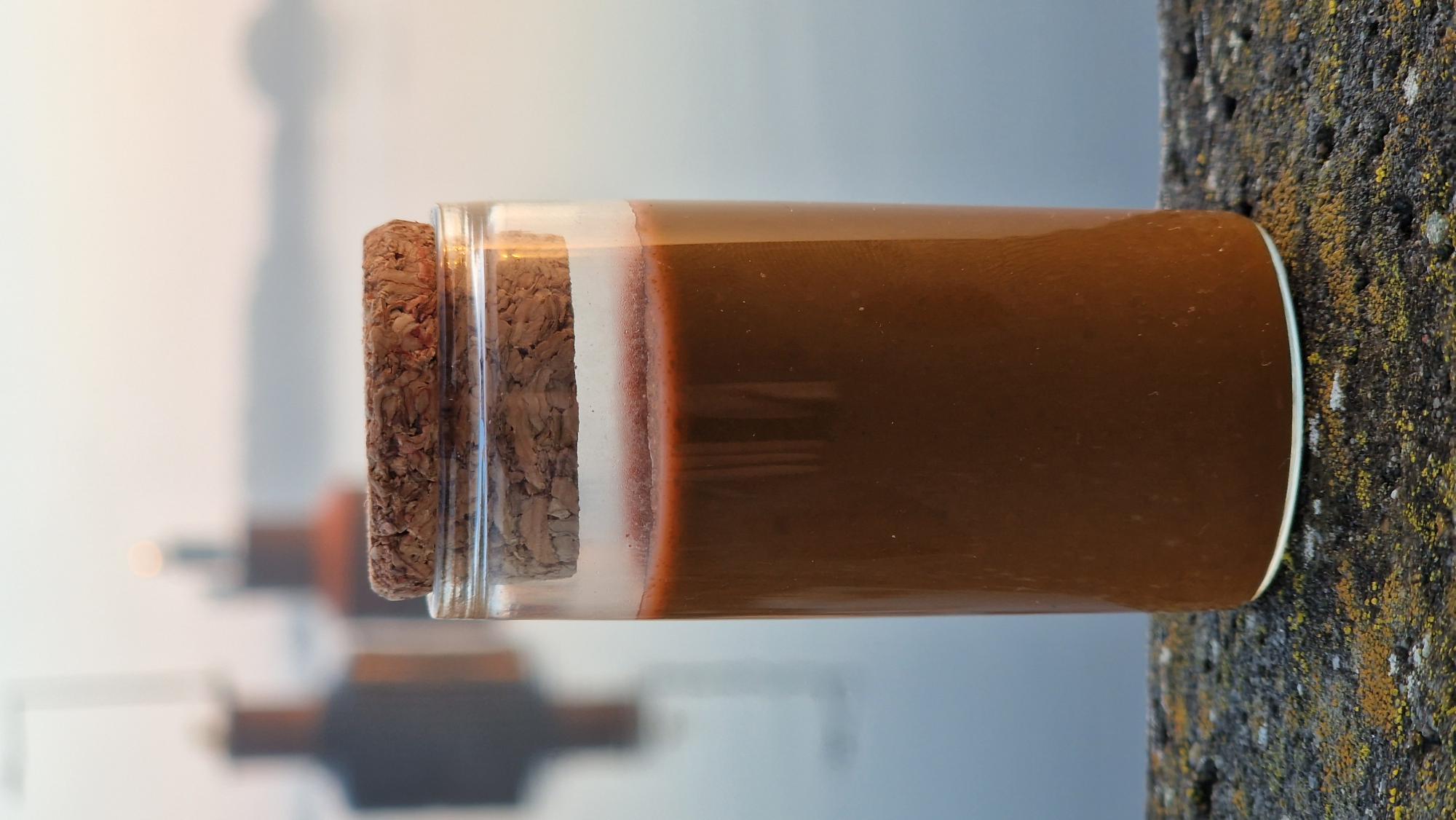- The EIF and InvestEU
- Past and upcoming InvestEU events
- Guarantee products
- Guarantee products – calls for expression of interest
- Ukraine Export Credit Pilot – call for expression of interest
- Guarantee products - Member State compartment
- Equity products
- Equity products – calls for expression of interest
- ESCALAR – call for expression of interest
- Defence Equity Facility
- Climate and Infrastructure Funds
- Climate and Infrastructure Funds – call for expression of interest
- Capacity building investments – Call for expression of interest
- Financial intermediaries
Maripure: reducing emissions with seaweed biosolutions

“95% of emissions coming from cows actually come from the front, not the back,” states Damien Balkin – starting our interview with somewhat of a revelation for the uninformed. And Damien would know. He’s the founder of Maripure, a young company based on the very tip of northern Denmark. They have an ambitious goal: to reduce greenhouse gas emissions from the agrifood system. Now they are tackling one of agriculture’s largest emitters – cows – with a nature-based feed supplement made from seaweed biomass.
SCALING SEAWEED
Their approach starts with aquaculture. “We take wastewater from land-based salmon farms and turn it into seaweed biomass,” Damien explains. “This biomass is then processed into a feed supplement that reduces methane emissions from cows. The process delivers multiple environmental benefits: remediating wastewater, producing sustainable biomass, and creating feed supplements that improve both emissions and animal efficiency.”
Scaling their solution has required significant investment. “Our seaweed supplement works – that’s scientifically proven,” Damien says. “The challenge is producing it consistently and at a scale large enough to meet the needs of larger companies.”
The company recently secured an EU-guaranteed loan from EIFO to finance their project. “We needed partners who shared our vision. It’s capital-intensive, and we’re still pre-revenue after four years – but the impact could be huge,” Damien says.
AIR FORCE TO BIO SOLUTIONS
Damien’s journey to sustainable agriculture is unusual. He spent 15 years in the Australian Air Force before moving into food manufacturing. “There’s actually a lot of similarity between the two,” he reflects. “Both require operational discipline, high-tech equipment, specialised teams, and attention to detail.” His first day in the food industry has stuck with him ever since. “That first visit to a meat plant revealed the sheer scale of our food systems. I knew then that I wanted to work on reducing emissions.”
Being located in Denmark offers professional advantages for Maripure. “It’s the first country to tax livestock emissions. And local industrial actors are brave enough to say: here’s what we know, here’s what we don’t, and here’s what we’re trying to achieve,” Damien says. Their local proximity to fish farms helps optimise costs and emissions. Being near universities and the North Sea Science Park – a hub for blue bioeconomy innovation – also allows Maripure to collaborate closely with research partners.
Looking ahead, the company's focus is to prove efficacy at commercial levels and demonstrate how circular, nature-based solutions can transform the agrifood sector. “To constantly advocate for nature-based approaches – whether that’s in the research lab or in front of investors – is why I clock out of work with a smile on my face,” Damien concludes.
Location: Hirtshals, Denmark
Financial Intermediary: EIFO
SME: Maripure
Sector: agritech
Number of employees: 8
Financing purpose: capacity expansion
EIF financing: InvestEU
Copyright ©
European Investment Fund – The European Investment Fund is not responsible for the content of external internet sites.


